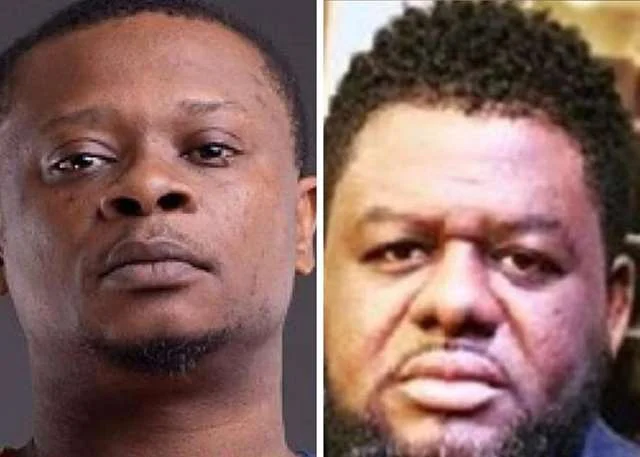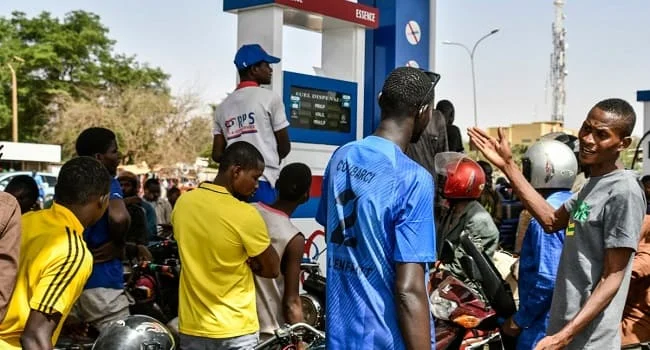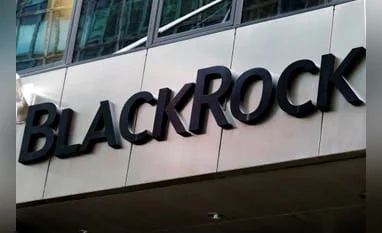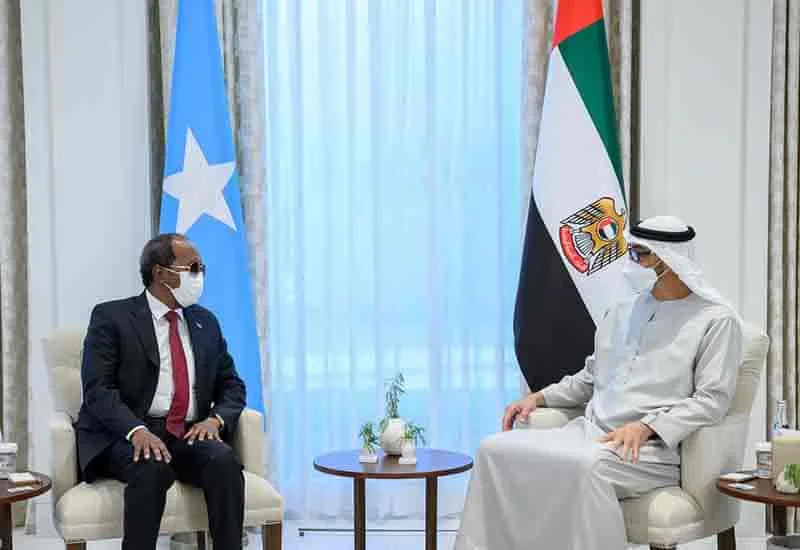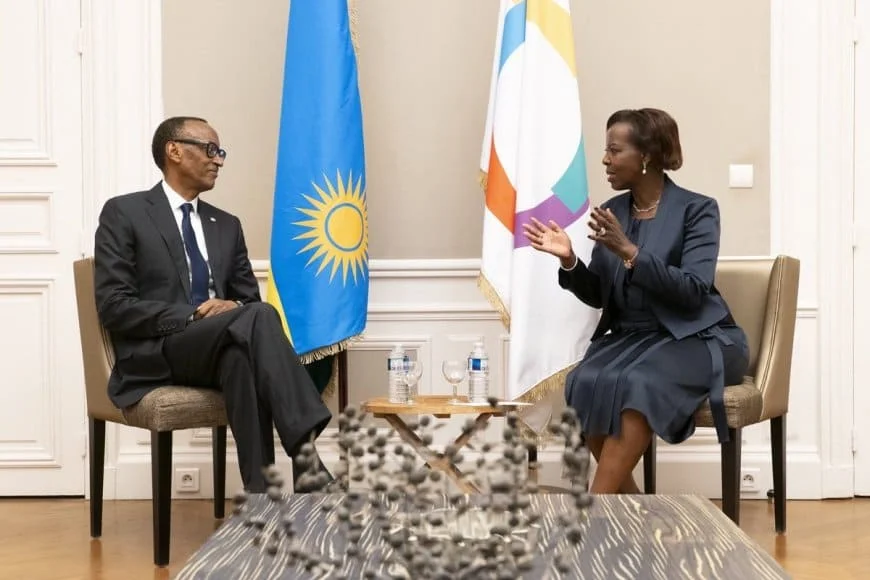A heated dispute has erupted between Ghanaian music producer Appietus and Bullhaus Entertainment owner Bulldog, centered on the ownership and digital distribution of songs by the defunct group 5Five. In a fiery exchange reported on January 15, 2023, Appietus responded to Bulldog’s accusations of unauthorized sales, defending his actions and dismissing Bulldog’s claims with sharp words. The conflict, rooted in a disagreement over unpaid production work, has sparked significant attention in Ghana’s music industry.
The Spark of the Controversy
The feud began when Appietus, a renowned producer known for his work with artists like 5Five, revealed on Citi TV’s Upside Down show on January 15, 2023, that he had been earning substantial revenue from 5Five’s songs. He explained that an agreement with a distributor allowed him to upload tracks, including the hit Move Back (Mujebaya), to digital platforms, resulting in significant earnings. Appietus claimed he took this step because 5Five failed to pay him for his production work in 2010, a decision he justified as a means to recoup his investment.
Bulldog, whose real name is Lawrence Nana Asiamah Hanson, reacted strongly to the revelation. In a Facebook post sighted by Ghanaweekend.com, he accused Appietus of profiting off 5Five’s music for a decade without permission. “You have been feeding your family with our investments for 10 years by selling 5Five songs,” Bulldog wrote, threatening legal action and demanding repayment with interest. As the executive producer of 5Five’s projects, Bulldog claimed ownership over the songs and vowed to pursue the matter through legal counsel.
Appietus’ Fiery Response
Appietus did not hold back in addressing Bulldog’s allegations. In a follow-up interview with Ghanaweekend.com, he defended his decision to monetize the songs, emphasizing that 5Five’s failure to compensate him justified his actions. He questioned why Bulldog, as the alleged executive producer, had not noticed the songs being sold online for years. “If Bulldog is saying he invested in those songs, why didn’t he know they were being sold online?” Appietus asked, branding Bulldog as the biggest fool for overlooking the issue for so long.
The producer further contrasted his approach with other artists, noting that he did not upload songs by Ofori Amponsah or Daddy Lumba because they had paid him for his work. Appietus warned Bulldog to provide evidence for his claims, asserting that he would not tolerate baseless accusations. In a pointed jab, he referenced Ghanaian President Nana Akufo-Addo, stating, “I am not like Akufo-Addo, who he can insult and go scot-free,” signaling his intent to confront Bulldog decisively.
A Dispute Rooted in Industry Challenges
The clash highlights broader issues in Ghana’s music industry, particularly around artist-producer agreements and royalty disputes. Appietus’ decision to distribute 5Five’s songs without clearance from Bullhaus Entertainment raises questions about intellectual property rights and fair compensation. Meanwhile, Bulldog’s delayed reaction, as noted by Appietus, underscores the complexities of tracking digital revenue in an industry where oversight can be challenging.
The controversy also recalls past tensions involving 5Five, a hiplife group formed in 2005 that gained fame with tracks like African Gurlz. The group, once managed by Bullhaus Entertainment, disbanded around 2022 after internal challenges, with member Papi 5Five publicly clashing with Appietus over similar copyright issues. These recurring disputes highlight the need for clearer contracts and communication in music production.
What Lies Ahead
As the feud escalates, both Appietus and Bulldog have threatened legal action, setting the stage for a potential courtroom battle. Appietus remains steadfast, insisting that his actions were justified due to non-payment, while Bulldog appears determined to protect his investments. The outcome of this dispute could set a precedent for how similar conflicts are resolved in Ghana’s music scene, emphasizing the importance of transparency and accountability.
For now, the public exchange has captivated fans and industry insiders, who await further developments. The clash serves as a reminder of the passion and challenges within Ghana’s vibrant music industry, where creative collaborations can sometimes lead to heated confrontations.


